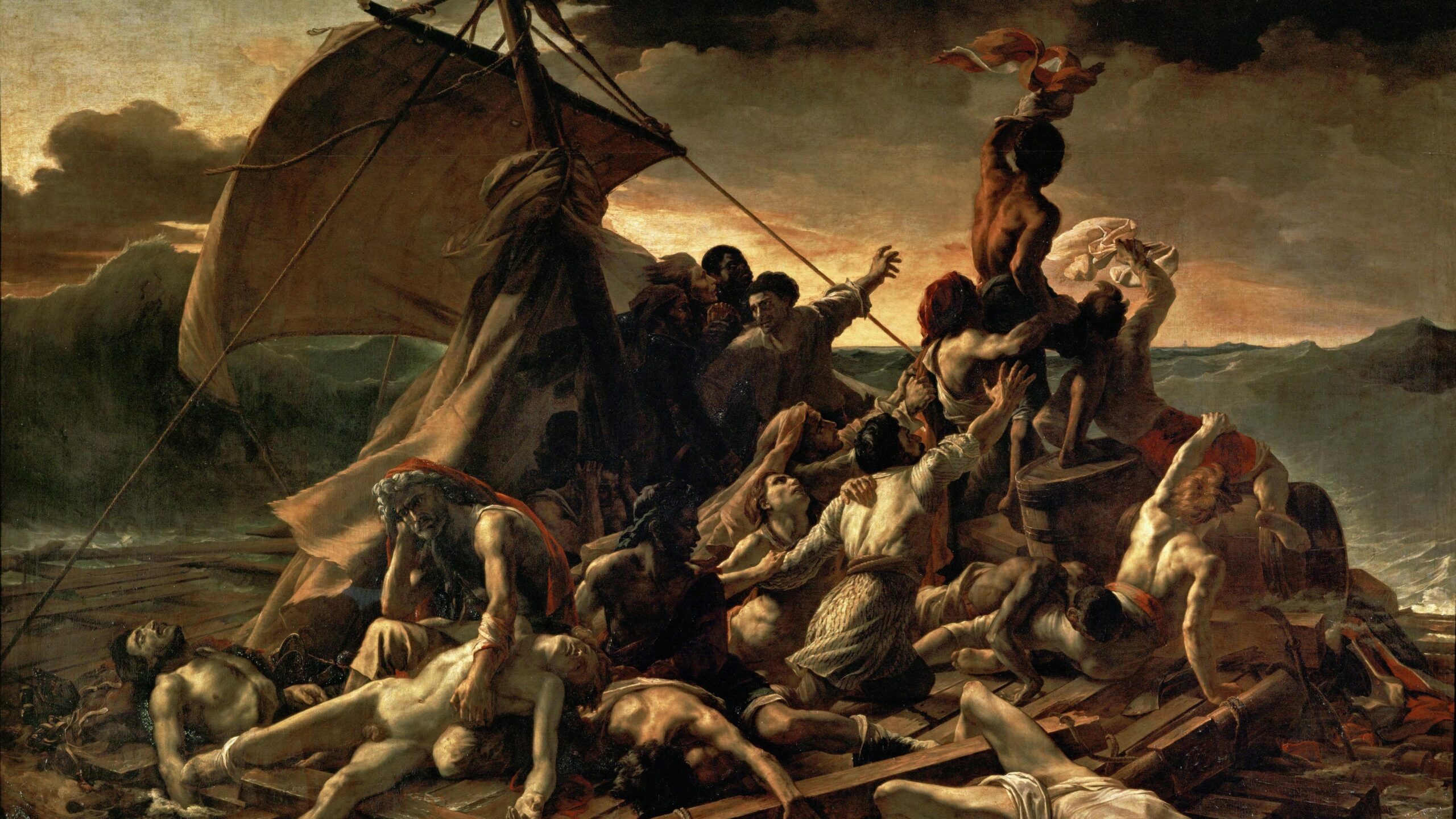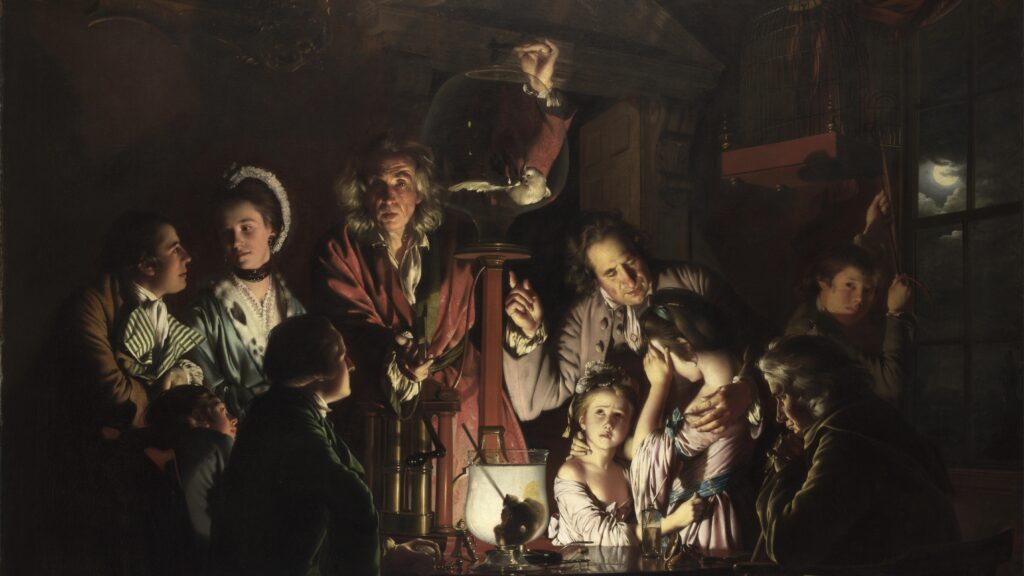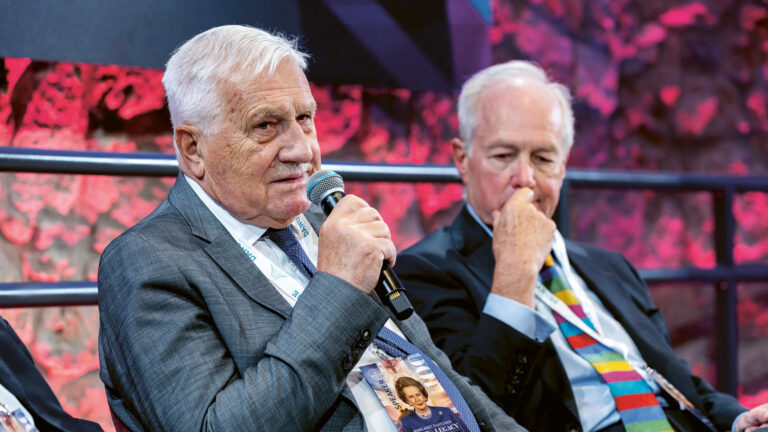‘How can democracy be protected from being eroded through democratic means?’ is a phrase frequently heard today in liberal circles as they witness the political landscape shifting beneath their feet.
These trends have been underway for at least 15 years. And yet many have learned little to nothing about them.
Around two centuries ago, one of the West’s greatest liberal thinkers travelled to America to study how democracy functioned there. His name was Alexis de Tocqueville (1805–1859). After his journey, he wrote the magnum opus Democracy in America (1835), where he reflected on how well the democratic system worked across the Atlantic.
Liberals who read his book see a highly functional democratic government. Conservatives, however, notice something quite distinct: everything Tocqueville praised about the United States was less the work of government and more the result of the people’s morality and culture.
In the same book, Tocqueville observes that for all citizens to truly feel part of the societal project, politics must follow the majority’s opinion. This principle, however, is not foolproof. That is why many countries have constitutions that catalogue rights protecting individual liberties from the demands of groups. Without the state, these rights cannot be defended.
Tocqueville thus argues that an adequate minority protection, a ‘shield’ against what is commonly called the ‘tyranny of the majority’, is necessary.
Yet, over time, ideas must be tested and retested against reality. Some stand the test of time; others do not. Liberal interpretations of Tocqueville tend to fall into the latter category. Because the issue in modern democracy is not the democratic mob but the oligarchs.
A century later, the American conservative intellectual James Burnham identified this new social class as the ‘managers’.
In his seminal book The Managerial Revolution (1941), Burnham described the emergence of a fundamental shift in social and political power. He argued that the traditional capitalist system was being replaced by a managerial society, where control over economic and political life rested not with private owners but with a new class of bureaucrats, technocrats, and administrators.
‘Burnham…argued that the traditional capitalist system was being replaced by a managerial society’
These managers do not personally own the means of production; instead, they exercise authority through control of large institutions—state agencies, corporations, and media—reshaping governance and social order.
Following Burnham, American writer Samuel T Francis further developed these ideas. Like his predecessor, he remarked on the new ruling class—but also on their ethics, which he termed ‘cosmopolitan ethics’, relating to their metropolitan outlook on identity and politics.
Francis argued that domestically, this elite favours federally enforced economic planning and social engineering to realize its modern liberal ideology, abandoning the ideal of a neutral government grounded in impartial laws and ‘social justice’.
Internationally, it supports supranational activism aimed at global fraternity and the disappearance of national distinctions. This means less majority rule and majority interests, but more niche minority influence.
Rather than separating ideology from government, this elite associates its ideology directly with governance and legitimizes economic redistribution and social engineering projects through that association. Let’s give it the technical term of ‘asymmetrical minority rule’, in contrast to what democracy usually is: majority rule.
Francis captures this elite’s ethos as one that reverses Western tradition. It idealizes urban anonymity and the relationships among demoralized individuals detached from communal or national identity. It glorifies material indulgence, self-glorification, and the rejection of conventional values, social bonds, and loyalties, while denigrating self-sacrifice, community, and moral order.
This ethos is the antithesis of the religious radicals living in America during Tocqueville’s era—people who protected what Edmund Burke called ‘The little platoons’: small, local social groups such as families, neighbourhoods, and regional associations that form the intimate social environment to which individuals belong by birth or tradition.
What does democracy look like today? If anything, we have more of what Burnham and Francis warned us about. The United States has become socially liberal, while its government has become more federalist and centralized. In Europe, politicians continue to hand over more power to the European Union bureaucrats.
‘There is a vast divide in political views between those living and working in metropolitan areas and the rest, the majority’
Just as Burnham predicted, there is a vast divide in political views between those living and working in metropolitan areas and the rest, the majority. This means more asymmetrical redistribution—precisely the opposite of what Tocqueville warned. Now, even more resources flow from the majority to elite minorities and welfare-dependent groups, often labelled as lumpenproletariat in Marxist terms.
Swedish ex-communist Markus Allard coined the term ‘Transferiatet’ (‘the transferiat’), a reference to state-forced redistributions from productive classes to unproductive ones at every level of society.
While this doesn’t capture all the complexities, it is a fitting lens for understanding current politics. Because it clearly says something about modern politics. How it floats further and further away from the liberation low-tax havens of old America that Tocqueville praised.
Instead, politics today dances to the tune of Burnham’s pseudo-socialist managers and their ethics.
How did liberalism become this, then? In The Machiavellians, Burnham argues that ideology is not lofty political thought but an expression of interests. In this kind of deterministic view, it must have always been the goal of liberalism. The Americans may not have known it, nor did Tocqueville, but that seems to be the lesson from modern liberals.
As we look at politics today, we must recognize the reality: old America is nowhere to be found. Old Europe has also disappeared. Instead, we have more of liberal managerialism.
In opposition to this, we also see an ever-growing movement, in the form of nationalists and populists, with a significant part of almost every country’s population supporting them in their promise to end asymmetrical minority rule.
Maybe it’s time for liberals to actually listen to the great Tocqueville—both by respecting majority interests and by ceasing their harassment of the little platoons.
Related articles:







